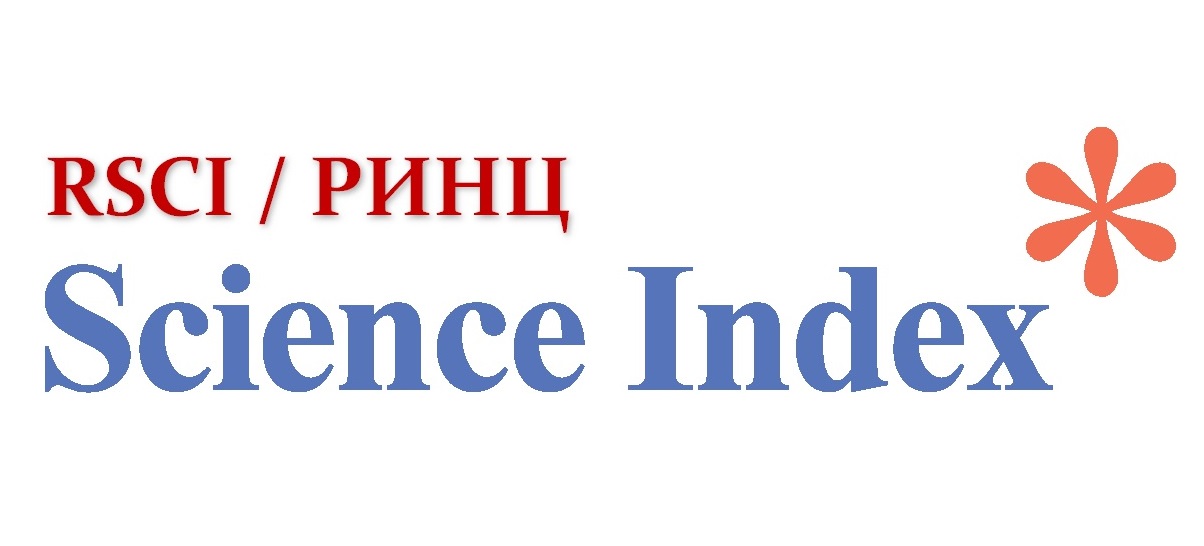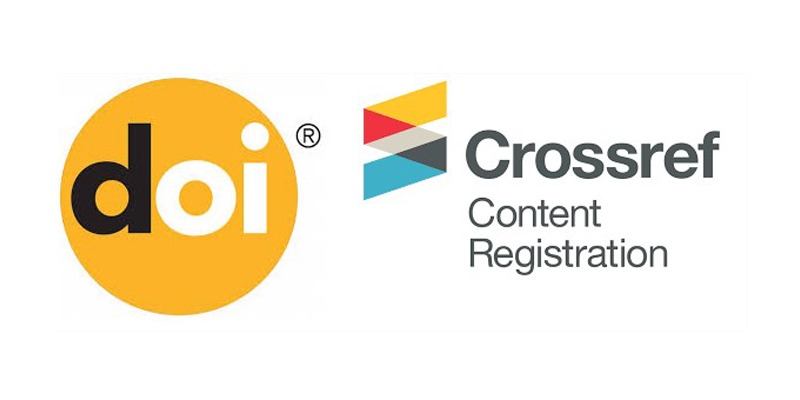Employee Benefits in accordance with the International Financial Reporting Standards
Views: 176 / PDF downloads: 176
Abstract
The paper describes the benefit and payment forms for a company employees’ executed work. Shortterm
benefits are quite easy elements for an accounting: there is no a necessity in using actuarial assumptions when
evaluating liabilities or expenses, liabilities do not discount. The short-term payable absences within the IAS 19
are divided into two categories: accumulated (compensable and non-compensable) and unaccumulated. A company
acknowledges expectative expenses on the contribution of workers in a profit and bonus payment. The liabilities
considering the contribution in a profit and bonuses take place due to services provided to workers, thus, a company
acknowledges these expenses as a charge but not a net profit sharing. By assessing the liabilities of benefits there
also could be taken into consideration a possibility of workers’ resignation without giving them bonuses. Liabilities
for other long-term employee benefits are defined as the difference between the value of liabilities discounted to the
reporting date and the fair value of the program assets at the reporting date, which are only intended to settle the
obligation.






